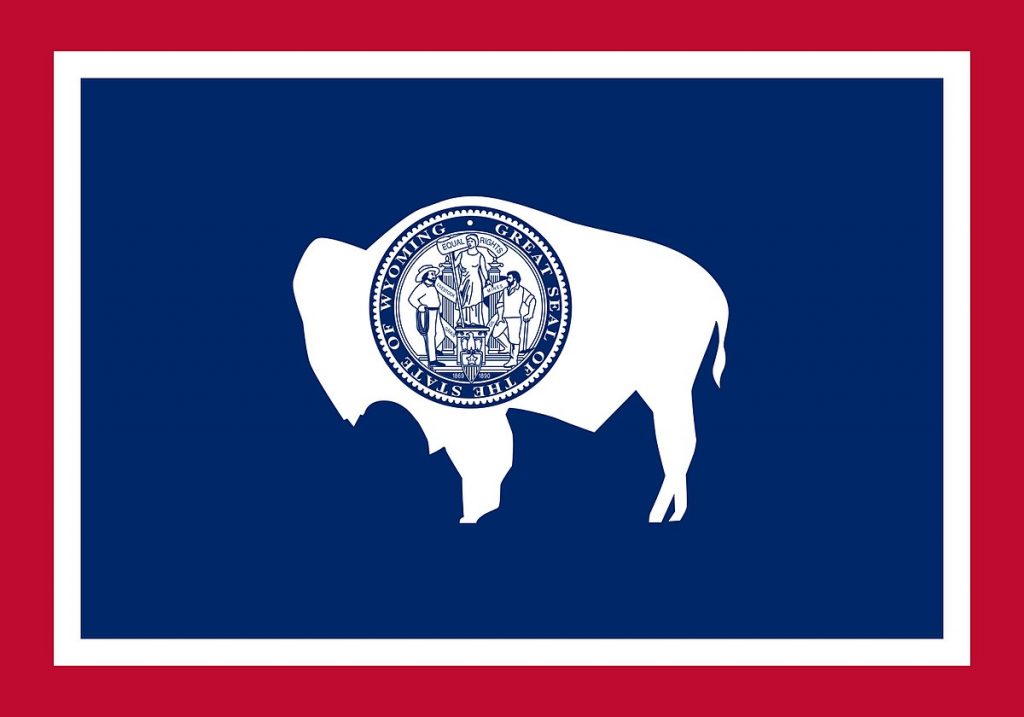Lung cancer is the nation’s leading cause of cancer deaths, and it is estimated that 320 Wyoming residents will be diagnosed with this disease in 2020 alone. The 2020 “State of Lung Cancer” report from the American Lung Association finds that while more Americans are surviving the disease, Wyoming can do more to improve coverage for screenings
The 3rd annual “State of Lung Cancer” report examines the toll of lung cancer throughout the nation and outlines steps every state can take to better protect its residents from lung cancer. For the first time, this year’s report explores the lung cancer burden among racial and ethnic groups at the national and state levels.
This year’s “State of Lung Cancer” highlights the positive trend of increased lung cancer survival, as the nationwide five-year lung cancer survival rate of 22.6% reflects a 13% improvement over the past five years. In Wyoming, the survival rate is 19.7% and reflects no change in the five-year trend.
“While we celebrate that more Americans are surviving lung cancer, too many people are being left behind, and the disease remains the leading cause of cancer deaths,” said Carrie Nyssen, Senior Director of Advocacy, American Lung Association. “Much more can and must be done in Wyoming to prevent the disease and support those facing the disease.”
Part of the reason that lung cancer is so deadly is because most cases are diagnosed at a later stage, after the disease has spread. Lung cancer screening is the key to catching lung cancer early when the disease is most curable, but only 22.9% of lung cancer cases nationally are diagnosed at an early stage.
“Lung cancer screening is a powerful tool to save lives,” said Nyssen. “It’s a relatively new test, and we’re only seeing a fraction of those who qualify actually getting screened. We’re pushing for greater awareness of this test to save more lives here in Wyoming.”
More treatment options are available for lung cancer than ever before, yet not everyone is receiving treatment following diagnosis. In Wyoming, 22.1% of those diagnosed did not receive any form of treatment.
“We want to ensure that everyone has access to treatment options and quality and affordable healthcare. No one who wants care should have to forgo treatment due to lack of access or cost,” Nyssen said.










